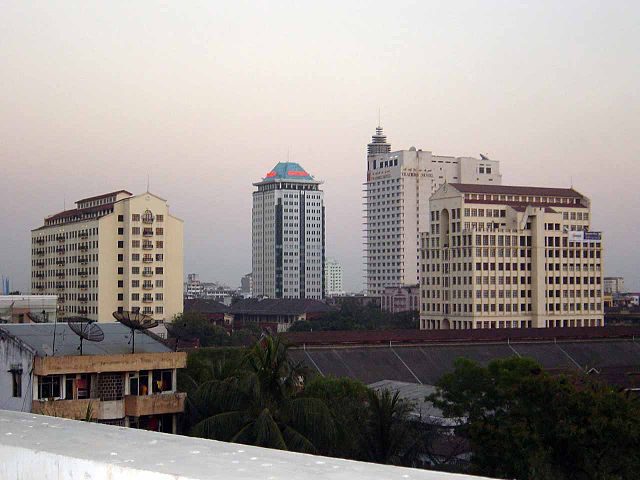Burma (Myanmar) is a developing agrarian country emerging from decades of rule by an authoritarian military regime. Elections in November 2010 led to a peaceful transition to a civilian government headed by President Thein Sein. Under President Thein Sein, the Government of Burma has initiated a series of political and economic reforms which have resulted in a substantial opening of the long-isolated country.
These reforms have included the release of many political prisoners, preliminary peace agreements with some armed ethnic groups, greater freedom of the press, and parliamentary by-elections in 2012 in which pro-democracy leader Aung San Suu Kyi and her opposition party won a landslide victory and seats in parliament. After a long period of isolation, Burma has started to encourage tourism. As a foreigner, you can expect to pay more than locals do for accommodations, domestic airfares, and entry to tourist sites.
Tourist facilities in Rangoon, Bagan, Ngapali Beach, Inle Lake, and Mandalay are superior to tourist facilities in other parts of the country, where they are limited or nonexistent.
Burma is a country rich in precious stones, oil, natural gas and other mineral resources. In 2011, its GDP stood at US$82.7 billion and was estimated as growing at an annual rate of 5.5%. In 2013, rights groups reported that Burmese authorities have begun ethnic cleansing the Rohingya minority in western Burma, resulting in hundreds of thousands of refugees fleeing across the border to Bangladesh and also to Thailand where many are held in squalid conditions.
Burma Travel Guide
Top Destinations in Burma

Yangon, Burma
Yangon is the largest city in Burma, it's most important commercial center, and the capital of Yangon Region, as well as the country's former capital
